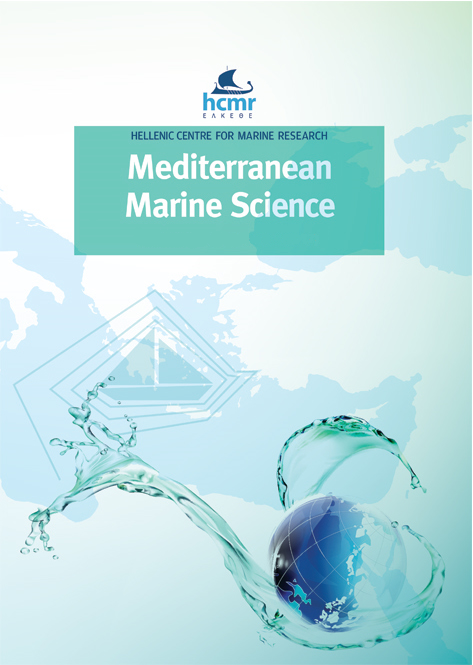Walking on the Sea Traces: Developing a platform to bring Ocean Literacy and Citizen Science at Home

Abstract
We describe the process of the development of a citizen science platform on Ocean Literacy designed and implemented during the lockdown period of 2020. As restrictions due to the COVID-19 health emergency did not allow researchers to organise public events and field data collection activities related to Ocean Literacy, we decided to take advantage of this situation by building an online platform to bring Ocean Literacy issues directly into citizens' homes. The massive use of digital tools by all civic communities during this time has allowed us to implement this idea and make it effective. The pandemic control measures then provided a unique opportunity to focus citizen attention on the collection of household data and information and to highlight the more or less direct connections between citizens' lifestyles and the eco-marine system. Short questionnaires were used to ascertain and highlight citizens' household behaviours and daily attitudes during the lockdown towards water use, seafood consumption and plastic material use and disposal. Data and information were also proposed, collected and analyzed in terms of: general environmental awareness of the respondents, perception regarding their purchasing choices during this particular period, as well as any changes in lifestyles and habits during the lockdown with respect to previous periods. The collected data allow us to improve our knowledge on some aspects of people domestic habits as well as their perception vs. real knowledge about the proposed environmental issues. We also realized that it is increasingly crucial for scientists to directly and extensively involve people and schools in educational and outreach activities and events as a good practice of science-society interaction. But to achieve good results we also need to develop appropriate communication tools and effective involvement strategies to promote their widespread participation in citizen science projects.
Article Details
- How to Cite
-
ALVISI, F., BALDRIGHI, E., MERLINO, S., LOCRITANI, M., PANFILI, M., COLELLA, S., BRONCO, S., CICOGNA, F., COIAI, S., & KING, E. H. (2022). Walking on the Sea Traces: Developing a platform to bring Ocean Literacy and Citizen Science at Home. Mediterranean Marine Science, 23(2), 389–404. https://doi.org/10.12681/mms.26931
- Section
- Special Issue Ocean Literacy
Authors who publish with this journal agree to the following terms:
- Authors retain copyright and grant the journal right of first publication with the work simultaneously licensed under a Creative Commons Attribution Non-Commercial License that allows others to share the work with an acknowledgement of the work's authorship and initial publication in this journal.
- Authors are able to enter into separate, additional contractual arrangements for the non-exclusive distribution of the journal's published version of the work (e.g. post it to an institutional repository or publish it in a book), with an acknowledgement of its initial publication in this journal.
- Authors are permitted and encouraged to post their work online (preferably in institutional repositories or on their website) prior to and during the submission process, as it can lead to productive exchanges, as well as earlier and greater citation of published work (See The Effect of Open Access).




